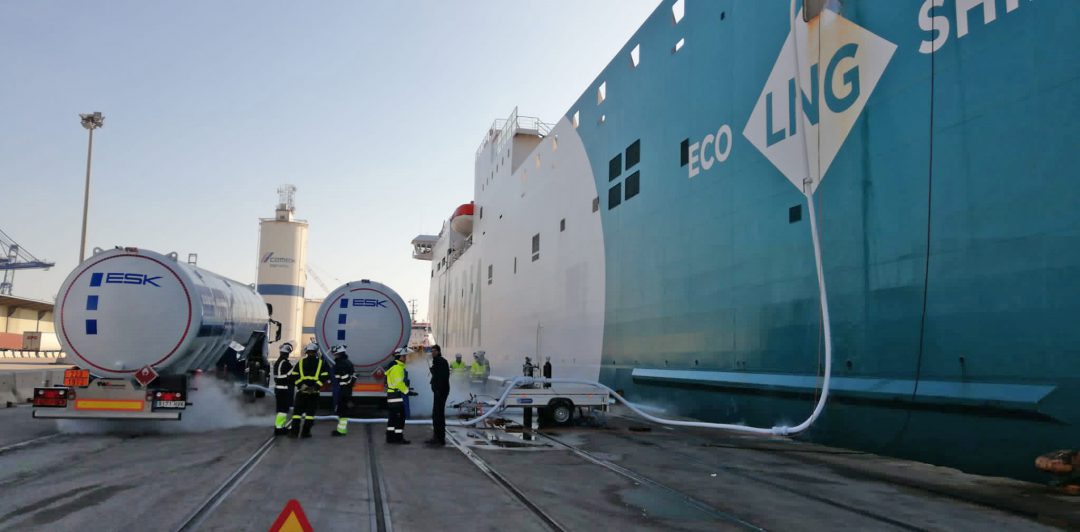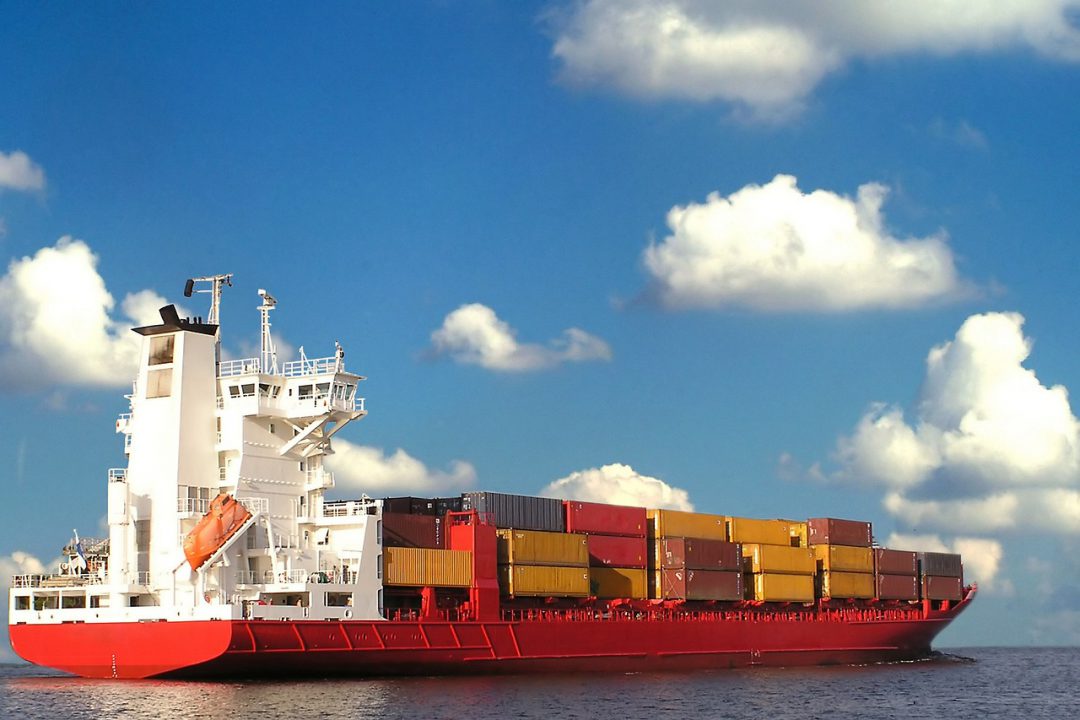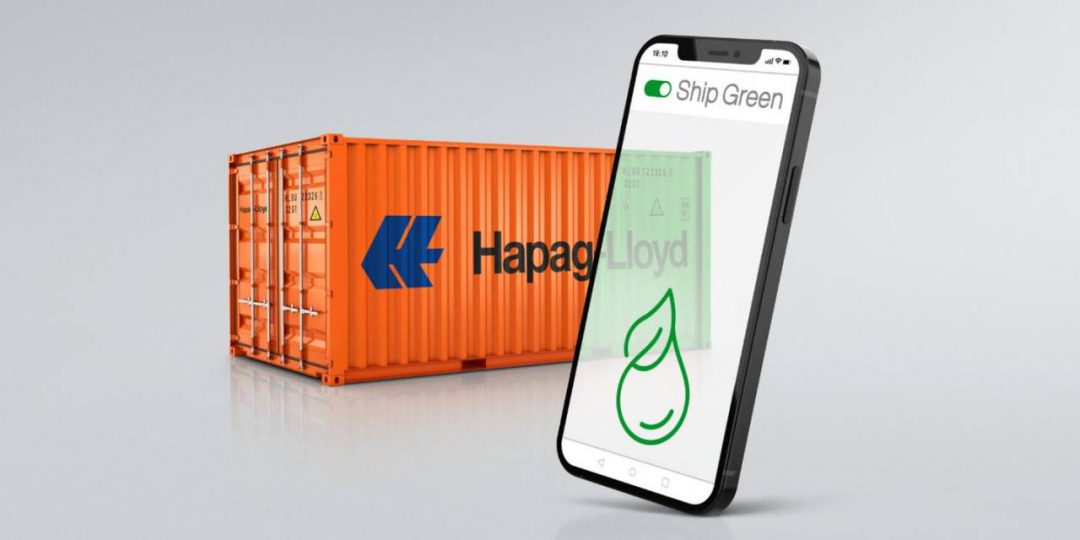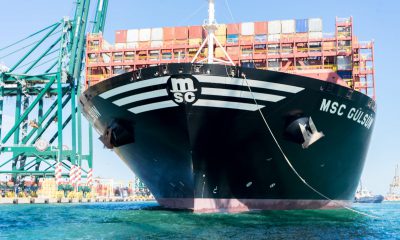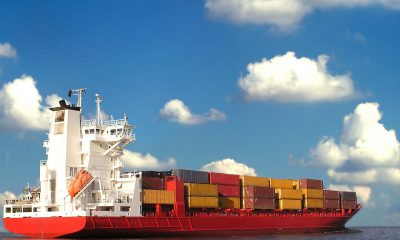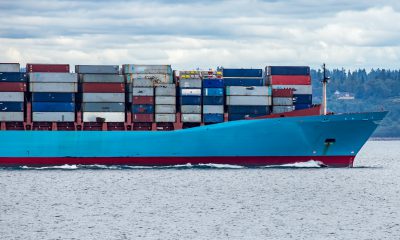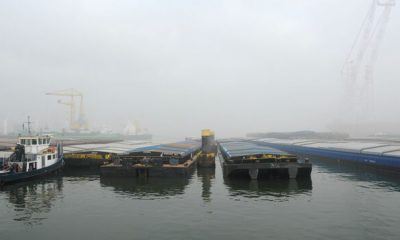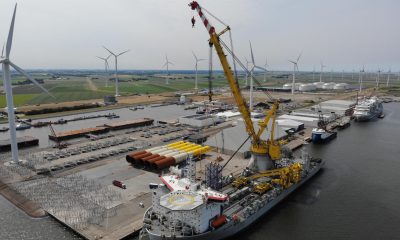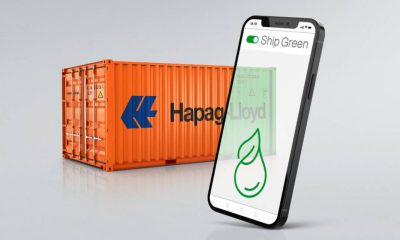Valenciaport is at the forefront in Spain in the supply of LNG (Liquefied Natural Gas) by the shipping company Baleària. Specifically, in 2020, the Dénia-based company carried out a total of 291 natural gas supply operations, reaching 26,777 m3, in the Port of Valencia, which represents 40% of the bunkering operations carried out by the company in Spain.
The Port Authority of Valencia (PAV) and Baleària have been collaborating for years in the introduction of LNG and the improvement of supply services to ships with this fuel with the implementation of the Multi Truck to Ship System (MTTS).
Thus, 95% of all Baleària’s supplies were carried out using this method, where several tankers simultaneously supply liquefied natural gas to the ship, making bunkering faster and more efficient. The ships that received this cleaner fuel were the five ferries that last year connected the port of Valencia with the Balearic Islands: Hypatia of Alexandria, Abel Matutes, Sicilia, Nápoles and Bahama Mama. ESK has been the company in charge of carrying out these cargoes.
The president of the PAV, Aurelio Martínez, pointed out that “one of the cornerstones of our environmental activity is the collaboration with leading companies such as Baleària to sail together towards the common goal of decarbonisation and the use of clean energy. A strategy that is part of Valenciaport 2030, zero emissions in which the entire port community is immersed to be one of the most eco-efficient ports in Europe”.
For his part, the president of Baleària, Adolfo Utor, indicated that “we are the only ferry company that sails on gas and this places us at the forefront of supplies made in Spain, where 96% of all the bunkering carried out on ships corresponds to our vessels”.
The president of Baleària also recalled that the shipping company currently has six ships sailing on gas. “We are convinced that our commitment to the environment is compatible with the company’s competitiveness. We are pioneers in the use of natural gas and this year we will complement the renovation of nine ships in the fleet, which have involved an investment of 380 million euros”. Utor added that the objective Baleària is working on now is to achieve zero emissions through renewable energy projects, such as green hydrogen and renewable gas.
Along these lines, Aurelio Martínez pointed out that “Valenciaport’s plan contemplates, among other actions, feasibility studies for the installation of a wind farm, the implementation of photovoltaic solar energy, the installation of an electrical substation, the supply of electricity to ships in port or the use of clean fuels such as LNG or hydrogen”.
At a national level, throughout 2020, Balearia has carried out a total of 714 bunkerings in the different peninsular ports in which it operates. In the Valencian Community, it has also carried out 36 operations in Denia, and the shipping company has carried out supplies in Barcelona, Almeria, Málaga and Huelva.
